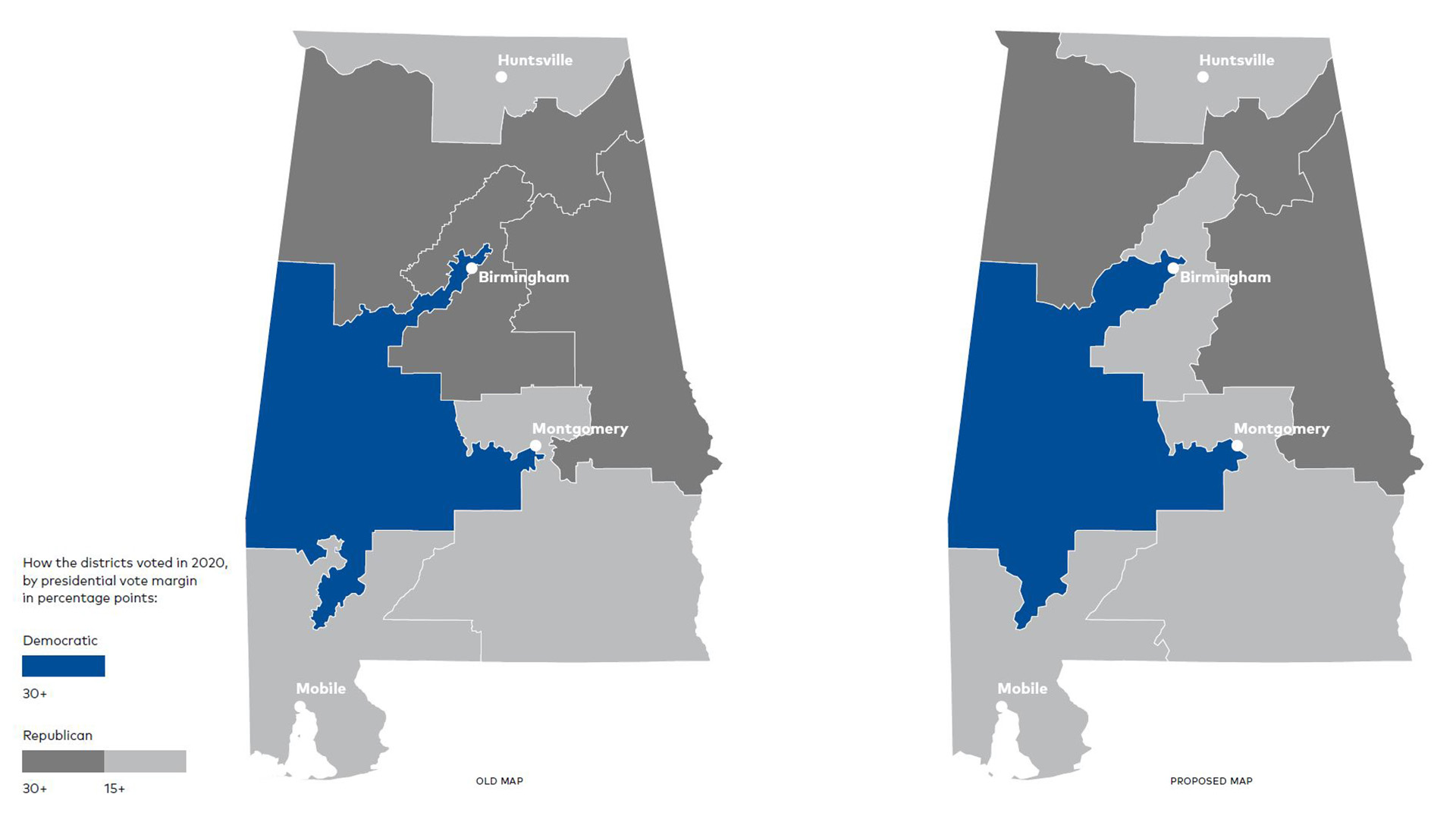
Unexceptional Politics
The impasse of deliberative democracy
By Emily Apter
There is nothing more fragmented, interrupted, repetitive, conventional, and contradictory than political speech. It never stops breaking off, starting over, harping, betraying its promises . . . getting mixed up, coming and going, blotting itself out by maneuvers whose thread no one seems to be able to find anymore.
– Bruno Latour, An Inquiry into Modes of Existence, 2013
President Obama’s election in 2008 precipitated a hard-right turn in US politics, already in an archconservative place after two terms of the junior Bush presidency. By Obama’s second-term election, a culture of venomous incivility, fanned by Tea Party extremism, further encouraged the incessant posturing of the “party of no.” Partisan voting blocs in Congress and the Senate, acting in lockstep, opposed all legislative and diplomatic initiatives, from routine committee member nominations to nuclear nonproliferation agreements with Iran to virtually any meliorist environmental legislation or gun control. The expansion of “conceal and carry” and “stand your ground” laws at the very moment of mass shootings; the increase in militias, border militarization, and incarceration without due process; the failure to prosecute police in the killings of black men, women, and children, along with the impact of movements associated with corrosive ideologies—“corporations are people,” Citizens United, abortion restrictions, “right to work” attacks on organized labor, curtailment of public welfare, climate change denial—all contributed to the deathliness of obstruction.
It goes without saying that governance at a standstill has only been further exacerbated in the era of Trumpism. Legislative blockage is not only the chronic symptom of politics as usual, or the nasty aftereffect of government shutdown and paralysis, but also channels a lethal undertow, a death wish; it tolls the suicidal endgame for deliberative democracy.
One thinks here also of Berlusconismo, which the Italian philosopher Paolo Flores d’Arcais associated in the 2011 New Left Review with the destruction of critical independence brought about not by Fascism, but “through the creation of a pensée unique that blends conformism and commercial spectacularization, reducing culture to a form of consumption.” Berlusconismo is distinguished by its variety-show effect and anthemic proclamations: with the Ministry of Love or Party of Love, featuring, d’Arcais writes, “rituals of enthusiasm worthy of Ceaucescu, replete with slogans and songs—‘Thank heavens there’s Silvio!’” A political pasquinade, Berlusconismo resorts to the mawkish props of hair transplants and face-lifts, sexual boasting, and vulgar jokes to distract from the spectacle of counterfeit democracy.
By contrast, Merkiavellianism (an expression coined by the late German sociologist Ulrich Beck, in a much-circulated 2012 editorial in Der Spiegel) is a sober affair. Beck attributed the Chancellor’s effectiveness to “a tactical adroitness that might well be deemed Machiavellian,” specifying that
Merkel has positioned herself between the Europe builders and the orthodox adherents of the nation state without taking either side—or rather, she keeps both options open. She neither identifies with the pro-Europeans (whether at home or abroad) who call for binding German commitments, nor does she support the Euroskeptics, who wish to refuse all assistance. Instead, and this is the Merkiavellian point, Merkel links German willingness to provide credit with the willingness of the debtor nations to satisfy the conditions of German stability policies. This is Merkiavelli’s first principle: on the subject of German money to assist the debtor nations, her position is neither a clear Yes or a clear No but a clear Yes and No.
For Beck, Merkiavellianism denotes the art of “deliberate hesitation,” a method of coercion that turns on the constant threat of “withdrawal, delay, and the refusal of credit.” Merkiavelli’s “trump card,” said Beck, is actually a “siren call”: “better a German euro than no euro at all.” Of all the leaders in Europe, Merkel has proved to be the most successful in navigating between a punishing austerity policy that violates democratic principle, and a “humanitarian” stance on refugees that puts the onus of responding to their dislocation on countries like Greece, Italy, and Turkey. Navigating the posts between being feared and being loved, Merkel epitomizes the stance of what Beck called the “good-natured hegemon.”
A particularist politics that could never be dubbed good-natured is now named Trumpism. It represents the endgame of politics as name-branding, as well as a type of the impolitic associated with “janking,” a term connoting the art of dissing or offending, as in the game “the dozens,” or rapping and slamming. “Janking off ” describes Trump’s incessant jibing and calumniating, specifically, the vicious, viral, Twitter vomit of his lamely derisive adjectives, weaponized as cyber-bullying. Trumpist janking derives its energy from hate speech, trolling, and verbal battery. It exults in forms of baiting reliant on ad hominem attacks on a person’s heritage, race, gender, physical “rating,” character, and body parts, or a worker’s professional integrity (as when he vilified Chuck Jones, union leader of United Steelworkers Local 1999, who called out Trump for “lying his ass off” after Trump made specious claims about saving jobs at the Carrier plant in Indiana). No “average Joe,” no former beauty pageant queen, no building contractor, no newscaster, no journalist, no actor nor comedian is too unworthy of public interest to qualify for targeting by the Trumpist jank. The jank-off not only comes close to satisfying the risibility factor of the jank, but underlines the importance of scaling to the art of belittlement and to tumescent states of the ego in situations of political contest and phallogocentric competition. Trump’s denunciation of Washington’s stalemate political culture with the phrase, “It is out of control. It is gridlock with their mouths,” invents a strange figure of speech that, when one focuses on the mouth of the utterer, registers like a warning signal against mouthing off.
Mouthing off, wandering off script to some indefensible position that must be defended for lack of any other possible strategy is the essence of jank, and it becomes consonant with a new meaning of the verb “to trump,” signifying quite literally the vagaries of disestablished politicking, or going rogue.
“Trumping” (close to tromper, to betray or act mistakenly) describes the strategy of brazenly upping the ante of the counterattack when you are patently at fault. The justice it recognizes belongs to the kangaroo court, where damages are routinely awarded to plaintiffs who make baseless allegations of libel and injury. Trumpism in this sense means justice flouted, and justice that panders to the caprice of the infant sovereign in the ego. Thin-skinned reactions to criticism or public displays of animosity and grievance are championed and fully claimed as the tactics of a winner at all costs. Trumpism brings to the public stage a performative incivility, taken in its full measure as a political concept designating extreme impolitesse—improper or uncivilized behavior, uncivic-mindedness, bad manners, and displays of contemptuous mockery that destroy the fellow-feeling of spirited raillery. Trumpism calls up what the French philosopher Étienne Balibar discerns in his 2015 book Violence and Civility as the profound violence inherent in civil society, including the “modalities of subjection and subjectification” in Sittlichkeit (Hegel), such that civility is in fact little more than a response “to contemporary extreme violence from inside extreme violence.”
Trumpism inflates the dollar value of its patent with the trappings of wealth, with garish fashion redolent of the 1980s era of greed: tall buildings, gold fixtures, private jets, trophy wives. This plutocratic display is pumped up further by a litany of jankish hyperboles: “very, very best,” “great,” “tremendous,” “huge,” and so forth. While intended to provide ballast to the old doctrines of American exceptionalism, this bombast dissipates into vatic trumpetings. Trumpism—whose “ism” is keyed to populist autocracy—is identified with a rogue way of speaking that provides scaffolding for an absent political discourse. The proper name is tautologically performative, which is to say, Trumpism trumps public interest by facilitating the decampment of the citizen from the demos to media theaters of depolicitized life. Trumpism lines up on axis with Berlusconismo inasmuch as both qualify as names for oligarchic name-branding, pasquinade, and the mastery of political special-effects. In each case, the proper name erects a fence—a wall—around a motley assortment of personality traits, bait and switch tactics, and crass publicity stunts that supply the playbook of political impasse.
Impasse, then, is perhaps the newest watchword for the contemporary state of politics. Impasse is at once unexceptional and diffusely traumatic. This is fitting: University of Chicago social theorist Lauren Berlant makes the argument that once trauma is conceived no longer as an exceptional event, and “crisis ordinariness” takes hold as the norm, history becomes little more than an adjustment narrative, in which difficulties are succumbed to or navigated. From this perspective, the extraordinary, she writes in Cruel Optimism (2011), “always turns out to be an amplification of something in the works, a labile boundary at best, not a slammed-door departure. In the impasse induced by crisis, being treads water; mainly, it does not drown.”
Perhaps it is this sense of “small t” trauma that most effectively captures what is at stake in “small p” politics today: from the ordinariness of exceptional crisis and the routinization of habitual politics, to the micropolitics of molecular cultures implanted in the byways of managed life.
Emily Apter is Julius Silver Professor of French and Comparative Literature at New York University. This essay is derived from the Introduction of her most recent book, Unexceptional Politics: On Obstruction, Impasse, and the Impolitic (Verso, 2018).
Photo: Ted Eytan, Trump rally in Washington, DC, March 4, 2017. Courtesy Creative Commons








































